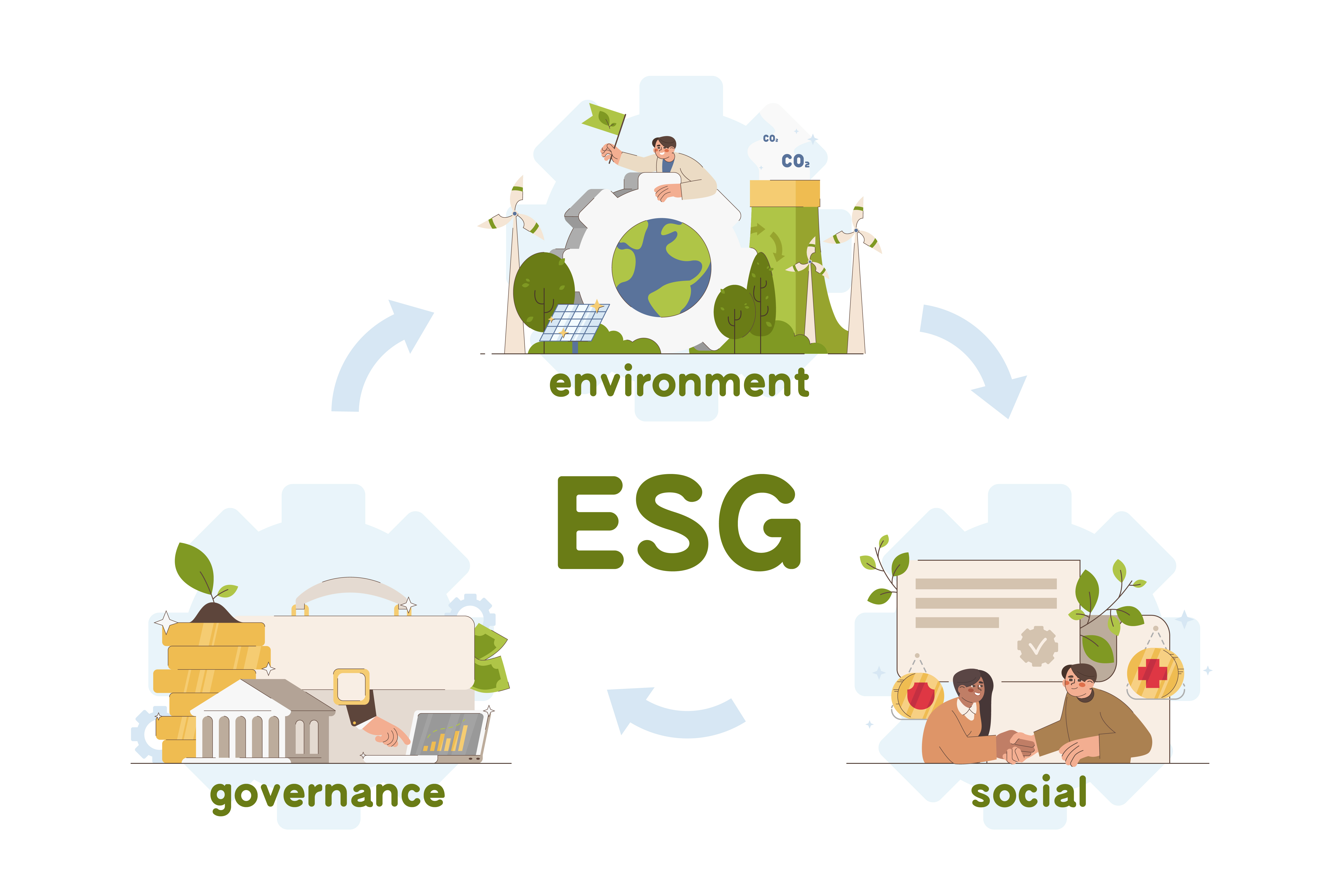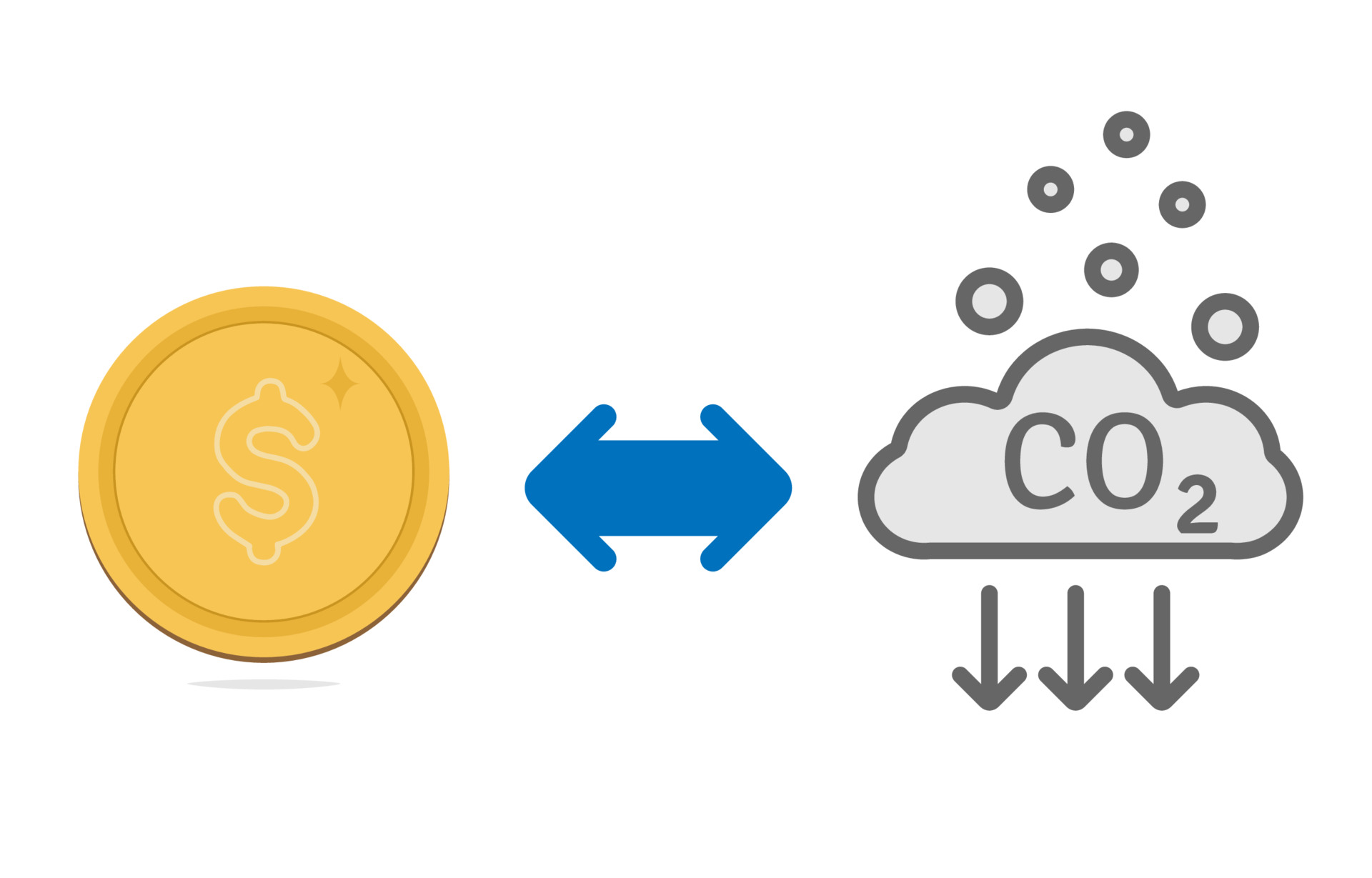Financing or lending is one of the primary businesses of conventional banking. ESG aspects are used to assess environmental risks and reduce credit failure rates. This is because the implementation of the"polluter pays" principle in environmental regulations in Europe and America results in financial risks for lenders to polluting companies. The ESG risk assessments are used to manage risks related to contaminated sites, collateral, and costs to borrowers due to environmental regulation changes, and the social behaviour of clients. These risks drive the development of ESG and instruments for assessing sustainable credit risks in commercial loans.
ESG criteria have been used to select green, social, and sustainable investments since the 1990s. ESG criteria have been used for socially responsible investments (SRI). In addition, indexes such as the DowJones Sustainability Index and several others have used ESG criteria to select their constituents. ESG has a positive impact on a company's financial performance. For example, ESG-based mutual funds outperform conventional models during financial crises. (DP)


